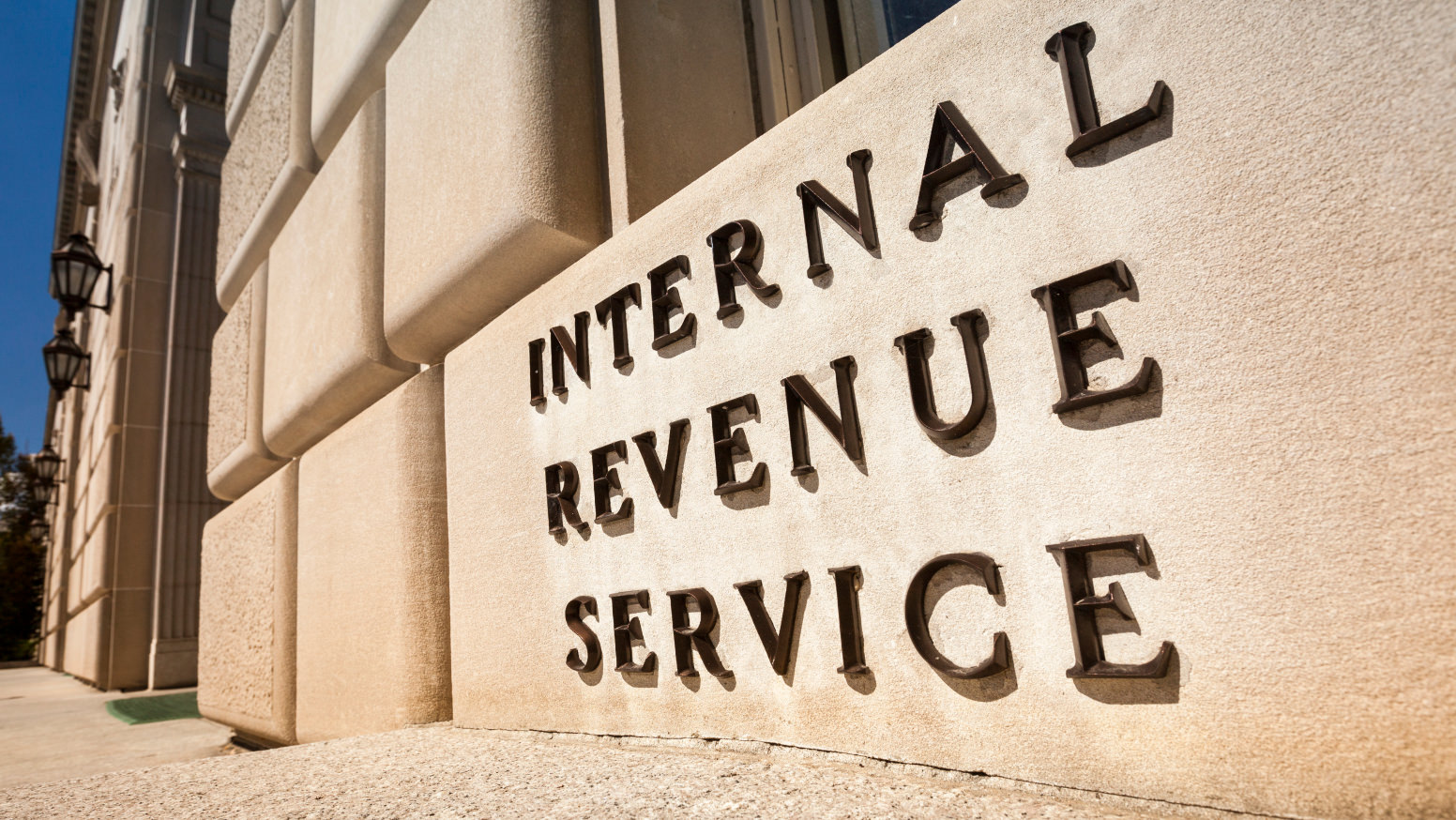Dallas tax attorneys
Do you owe more than $50,000 in Back Taxes? Help may only be a phone call away.
Legal Services
Resources
IRS Payroll Tax Problems
Many businesses fall on hard times and make the mistake of ignoring payroll taxes to help them get through the rough patch. This is a very dangerous practice and the IRS can impose personal liability for the unpaid payroll taxes on anyone “responsible”.
In order to encourage the payment of withheld income and employment taxes, including social security taxes, railroad retirement taxes, or collected excise taxes, Congress passed a law that provides for the Trust Fund Recovery Penalty (TFRP).
These taxes are called trust fund taxes because as an employer, you actually hold the employee’s money in trust until you make a federal tax deposit in that amount.
The TFRP may apply to you if these unpaid trust fund taxes cannot be immediately collected from the business. The business does not have to have stopped operating in order for the TFRP to be assessed.
Who Can Be Responsible for the TFRP?
The TFRP may be assessed against any person who:
- Is responsible for collecting or paying withheld income and employment taxes, or for paying collected excise taxes, and
- Willfully fails to collect or pay them.
A responsible person is a person or group of people who has the duty to perform and the power to direct the collecting, accounting, and paying of trust fund taxes. These people may include:
- An officer or an employee of a corporation,
- A member or employee of a partnership, corporate director or shareholder,
- A member of a board of trustees of a nonprofit organization,
- Another person with authority and control over funds to direct their disbursement,
- Another corporation or third party payer,
- Payroll Service Providers (PSP) or responsible parties within a PSP
- Professional Employer Organizations (PEO) or responsible parties within a PEO, or
- Responsible parties within the common law employer (client of PSP/PEO).
For willfulness to exist, the responsible person:
- Must have been, or should have been, aware of the outstanding taxes and
- Either intentionally disregarded the law or was plainly indifferent to its requirements (no evil intent or bad motive is required).
Using available funds to pay other creditors when the business is unable to pay the employment taxes is an indication of willfulness.
Have you been contacted by the IRS?
If you have been contacted by the IRS regarding the unpaid payroll taxes of a company that employed you or for whose benefit you provided contract payroll services, proceed carefully.
You may be asked to complete an interview in order to determine the full scope of your duties and responsibilities. Responsibility is based on whether an individual exercised independent judgment with respect to the financial affairs of the business.
An employee is not a responsible person if the employee’s function was solely to pay the bills as directed by a superior, rather than to determine which creditors would or would not be paid. Nonetheless, the IRS is serious about stamping out this problem and often throws a wide net. Even blameless employees and contractors can end up owing the IRS thousands of dollars and be subjected to the full range of the IRS collection methods, including federal tax liens, wage garnishment, bank levies.
Have a Question?

The Perliski Law Group understands that dealing with the IRS can be stressful. Our attorneys are all admitted to the U.S. Tax Court and have many years of experience working with IRS collections issues. We have broad shoulders; let us step in and negotiate on your behalf. During your free initial consultation, we will explain the options that may be available to you.

